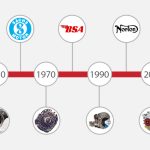AIE Blog
How Rotary Engines Work?
A Wankel rotary engine is an internal combustion engine that uses a rotary design to convert pressure into a rotating motion – it can be viewed as a device part-way between a reciprocating piston engine and a turbine. German engineer Felix Wankel began developing the concept of the Wankel rotary engine in the 1920s. However, […]
-
9th October, 2023
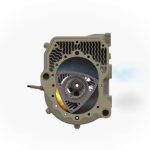
Harnessing the Advantages of Wankel Rotary Engines in Uncrewed Aerial Vehicles (UAVs)
Uncrewed Aerial Vehicles (UAVs) have revolutionised numerous industries, from aerial photography and surveillance to delivery services, agriculture, defence and naval sectors. These uncrewed aircraft rely on efficient and reliable propulsion systems to achieve optimal performance. The Wankel rotary engine is one compelling choice that has gained popularity in the UAV industry. With its unique design […]
-
12th June, 2023
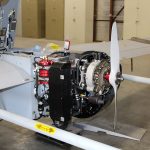
UAV (Unmanned Aerial Vehicles) Propulsion Systems
With this article, I want to discuss the various options for UAV’s looking to use internal combustion engines for their primary propulsion system and then focus on why I believe Wankel Rotary engines are the premier choice for this application. We first have to look at what vehicle manufacturers expect from their engines. Primary requirements […]
-
30th May, 2018

Wankel Rotary Engines – Why should I choose a rotary engine for my application?
AIE 225CS engine In straightforward terms, you should choose a Wankel rotary engine for your application if your primary drivers are for a solution that is compact, lightweight and high power. Rotary engines also have almost zero mechanical vibration and offer incredibly flexible packaging form factors, allowing you locate and attach them in spaces and […]
-
25th April, 2018
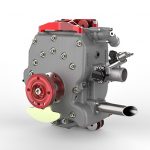
Wankel Rotary Engines – Don’t Wankel rotary engines inherently cost more to manufacture than piston engines.
Another Wankel rotary myth. Just like any other engine, the cost of a unit is primarily driven by its raw material costs, its complexity and most importantly the manufacturing volume. Wankel rotary engines are less complicated and require less raw material to manufacture, and therefore, if the quantities were equal to those of piston engines, […]
-
23rd April, 2018
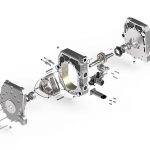
Wankel Rotary Engines – I believe there are different types of Wankel rotary engines around. What are the differences and which is the best?
Yes. As is the case with piston reciprocating engines there are several “types” or variants of the Wankel rotary. Again as with piston engines, the core principle of the rotary engine remains the same in all cases, and it is just the configuration of the engine interfaces, cooling systems and port configuration that change. The […]
-
18th April, 2018
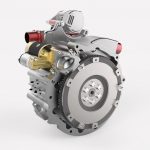
Wankel Rotary Engines – With the move to electric powered vehicles, aren’t rotary engines becoming irrelevant anyway?
Actually, in many ways, the shift towards electric vehicles is making Wankel rotary engines even more relevant. A compact, power dense Wankel rotary engine configured as part of a series hybrid solution has the potential to become an “enabler technology,” reducing range anxiety from a driver perspective and actively extending the usable range of the […]
-
4th April, 2018
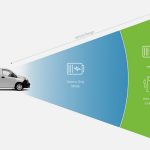
Wankel Rotary Engines – I understand rotary engines can only run on gasoline?
False. Wankel rotary engines have been developed to run on pretty much every fuel you can imagine from alcohol to diesel through to gasoline, kerosene, natural gas and even hydrogen. However, it is correct to say that the most common fuel used in Wankel rotary engines is gasoline and that running some fuels in rotaries […]
-
15th March, 2018
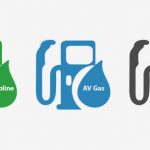
Wankel Rotary Engines – Aren’t rotary engines noisy and have poor emissions?
AIE’s rotary exhaust expander unit CREEV (Compound Rotary Engine for Electric Vehicles) Concept Wankel rotary engines certainly have high energy exhaust (heat and sound) and due to the nature of the engine do have higher HC emissions than a piston reciprocating engine (but similar CO and lower NOx). Emissions though are not a problem (at […]
-
5th March, 2018
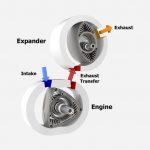
Wankel Rotary Engines – Isn’t Mazda the only company still developing rotary engines?
No, Wankel rotary engines are currently in development all over the world with companies looking to access existing and emerging markets with engines specifically designed for some very demanding applications. A case in point is the UK’s Wankel rotary engine ecosystem, over the last 30 to 40 years the UK has been a real world […]
-
27th February, 2018
